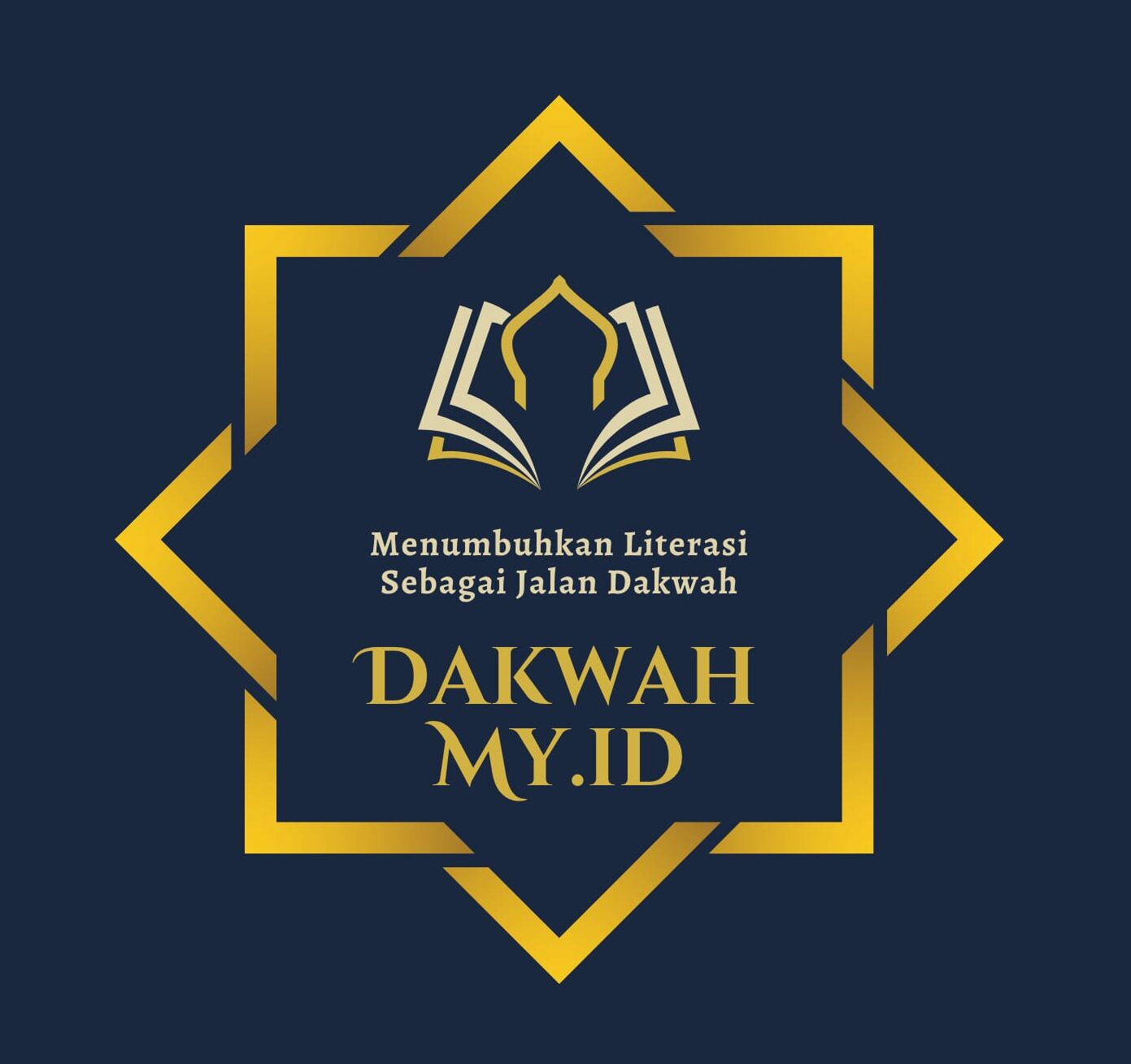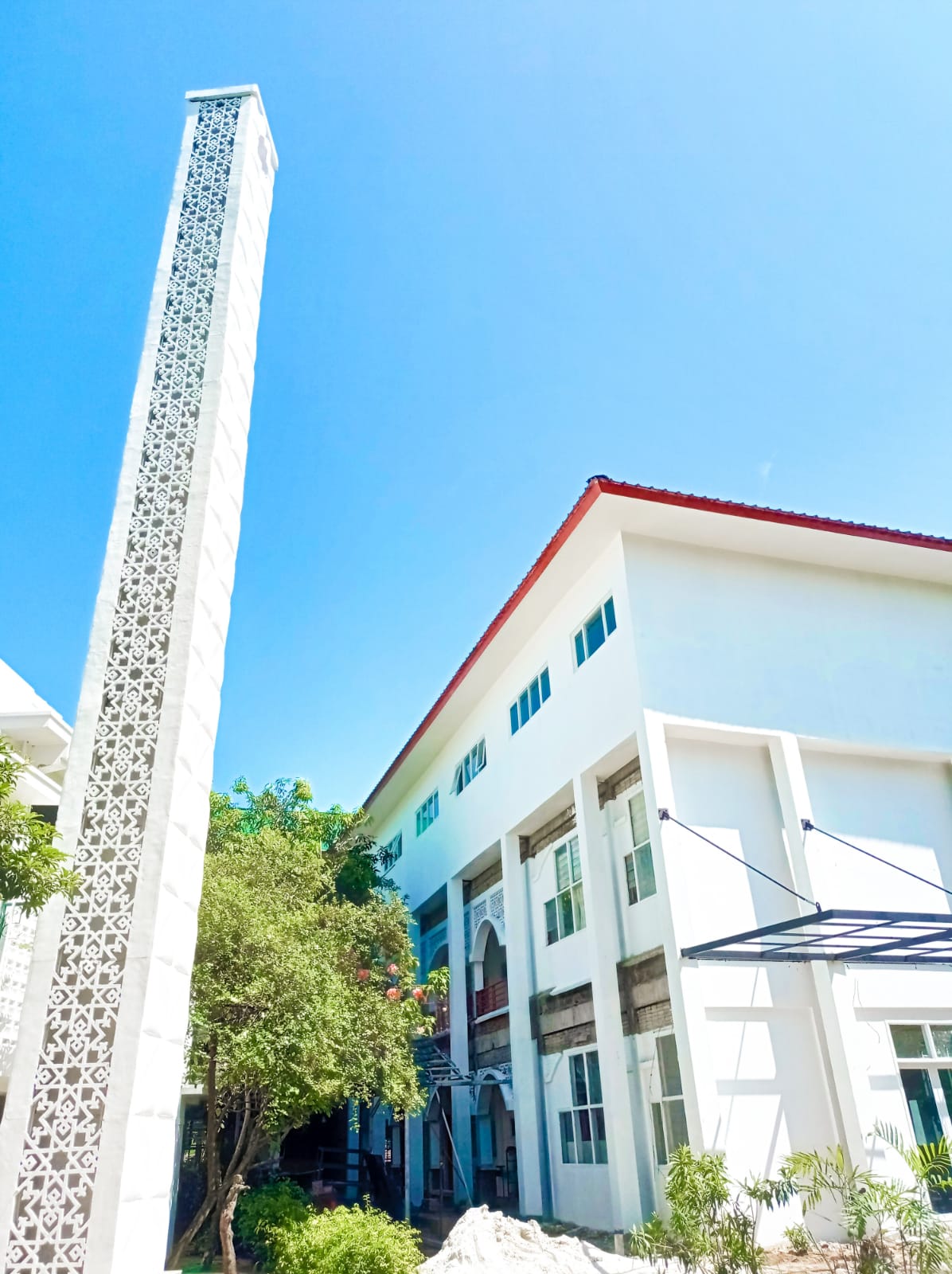Human education encompasses a broad range of concepts and theoretical frameworks that inform how we understand learning, development, and teaching. Here are some fundamental concepts and key theoretical frameworks in this field:
Fundamental Concepts
- Holistic Development:
- Emphasizes the growth of the whole person, including cognitive, emotional, social, and physical aspects.
- Lifelong Learning:
- Recognizes that education is a continuous process throughout life, adapting to changing circumstances and needs.
- Constructivism:
- Learning is viewed as an active process where learners construct their own understanding and knowledge through experiences.
- Cultural Relevance:
- Education should reflect and respect the diverse backgrounds and experiences of learners, fostering an inclusive environment.
- Critical Pedagogy:
- Encourages students to question and challenge power structures and societal norms, promoting social justice and equity.
- Experiential Learning:
- Learning through experience, emphasizing hands-on activities and real-world applications.
Theoretical Frameworks
- Behaviorism:
- Focuses on observable behaviors and the ways they’re learned through reinforcement and punishment. Key figures include B.F. Skinner and John Watson.
- Cognitivism:
- Emphasizes internal mental processes and the ways learners process information. Key theorists include Jean Piaget and Jerome Bruner.
- Constructivism:
- A framework suggesting that learners build their own understanding and knowledge through experiences. Influential figures include Lev Vygotsky and Piaget.
- Humanistic Education:
- Centers on the personal growth and self-actualization of the learner. Carl Rogers and Abraham Maslow are key figures, focusing on emotional and psychological needs.
- Social Learning Theory:
- Proposed by Albert Bandura, this theory highlights the role of observation and modeling in learning, stressing the importance of social context.
- Multiple Intelligences:
- Howard Gardner’s theory suggests that individuals have different kinds of intelligences (e.g., linguistic, logical-mathematical, musical) that influence their learning styles.
- Transformative Learning Theory:
- Developed by Jack Mezirow, this theory focuses on how critical reflection can lead to changes in worldview and personal development.
- Connectivism:
- A modern theory for the digital age, emphasizing the role of social networks and technology in the learning process, recognizing that knowledge exists in the networks.
Application in Education
These concepts and frameworks inform curriculum design, teaching strategies, assessment methods, and educational policy. Effective educators often blend multiple theories to create a more inclusive and effective learning environment, catering to diverse learners’ needs. Understanding these foundational ideas can help educators better support their students’ growth and development.


